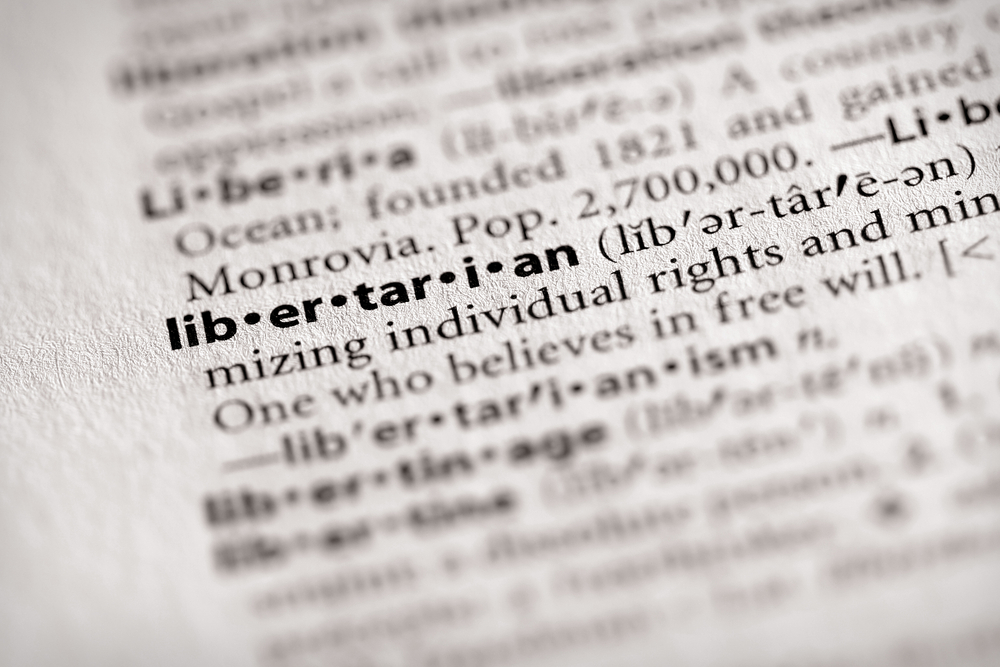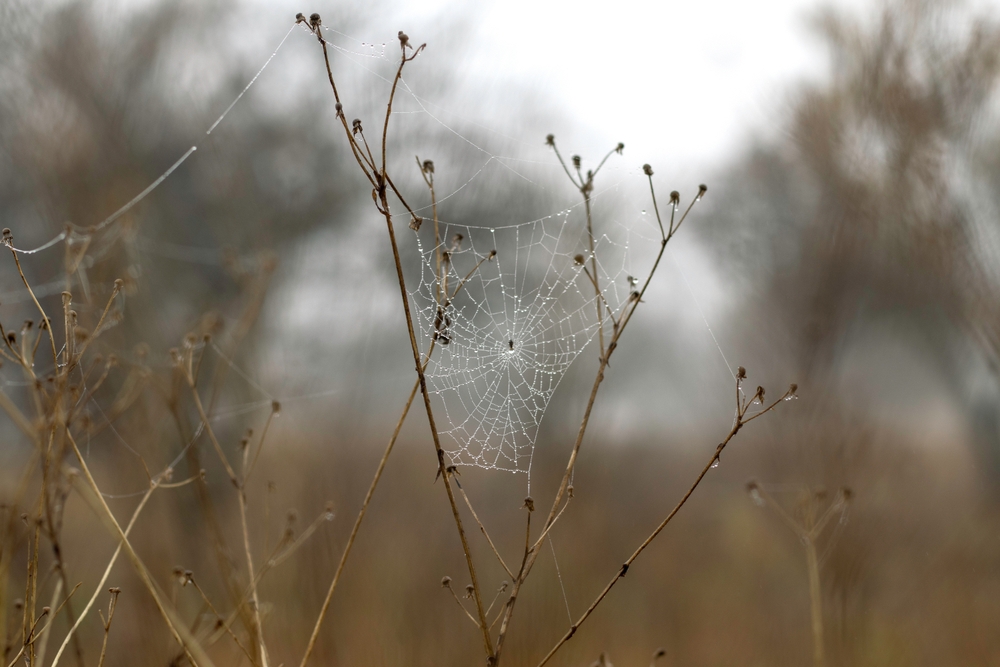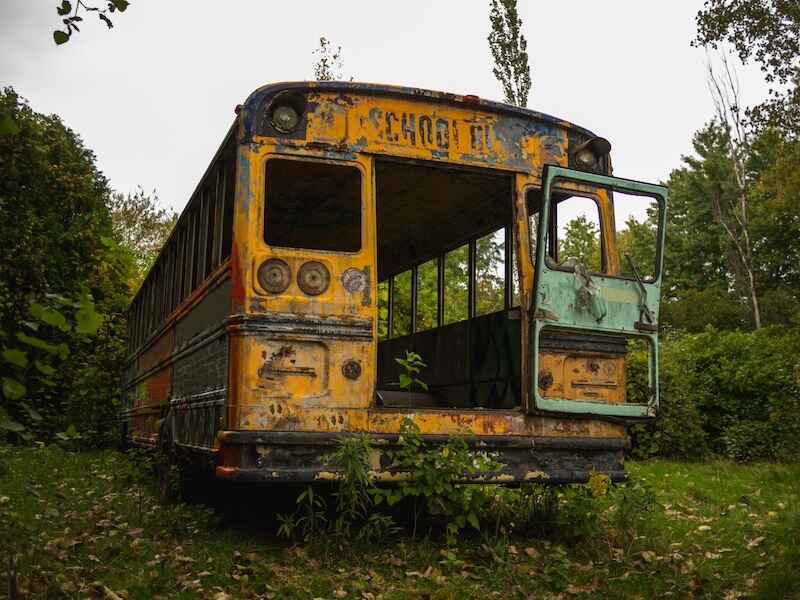The Problem With Libertarians
Joel Salatin|July 21, 2020

My “Christian libertarian environmentalist capitalist lunatic farmer” persona did not fit in at the Libertarian National Convention earlier this month in Orlando.
I was invited to give several presentations. Some were red meat for libertarians. Others were meant to challenge attendees… especially my speech on the tension between environmental stewardship and individual use of property.
And that’s what I’d like to talk about today.
Mistaken Identity
Every attendee I talked to lamented the fact that the general public thinks libertarians don’t care about the environment.
Libertarians promote property rights, after all. To radical environmentalists, individual property rights are a license to pillage, exploit and rape our nest.
I’m confident that if libertarians would use the word “commons” once in a while, in a context that was respectful, it could certainly take the edge off the stereotype.
The truth is libertarians never use the word “commons” and seldom mention our shared air, soil and water.
One of the ways to bridge that gap is to embrace self-reliance projects that have a strong ecological and local food bias.
What could be more liberating than growing your own food, harvesting your own water in a rain barrel or getting your own energy from a solarium on the south side of the house?
These are classic greenie projects.
No Middle of the Road
Mother Earth News magazine, that bastion of homesteading and self-reliance, commissioned an audit a few years ago to discover its reader demographic.
One of the questions was about political leanings. It had libertarians on the far right and socialists on the far left on a 10-point scale.
Half the subscribers circled 1 or 2, and the other half circled 9 or 10.
In other words, readers were equally libertarian and socialist… but they all held these views aggressively. Middle-of-the-roaders hardly existed.
We humans love categories. We like to figure out someone’s box and stuff them in it as fast as possible. That way we don’t have to spend time wondering whether we agree or disagree.
Pigeonholes are quick and simple. But reasonable people appreciate complex nuances.
It’s not always easy.
The Cure Is Worse Than the Disease
While I vehemently oppose glyphosate applications and chemical fertilizer, I won’t lobby for a law to criminalize these things.
Because when the government gets involved, the cure is often worse than the disease.
Government meddling usually leads to overreach. A perfect example is the Environmental Protection Agency, which has created undo hardship in many places.
To assume that the only way to protect the environment is with a government agency is to take away our empowerment and personal responsibility.
But when we have liberty, we must not lose sight of our shared responsibility to the soil, air and water – the commons – on which we all depend.
They were here before we arrived… and they’d better be here after we’re gone or our grandchildren face a dim future.
Fighting Assumptions
The libertarian problem is that we don’t say property rights and commons in the same breath. Reacting to the nanny state, we vehemently defend individual property rights and forget all about addressing responsibility to the commons.
It’s like whenever I decry our modern prison system with its 80% recidivism rate. Anything with that level of failure ought to be discarded.
But in the same breath that I decry prisons, I add that I’m not soft on crime. Because if someone decries prisons, the assumption is that they’re soft on crime.
So if you’re aren’t soft on crime, you have to deal with it in the same sentence or you get pegged as a crime softie.
(For the record, I’m in favor of caning – like in Singapore – whipping posts and restitution.)
A lot of things in the public square are like this.
If you oppose public schools, for example, people assume you hate education. But in truth, you take this position not because you hate education but because you love education more than lovers of public schools – or at least, that’s what you think.
The Amish dislike insurance, but that doesn’t mean they don’t prepare for catastrophes. They invest in community and personal servanthood toward each other.
Real Accountability
We’re quick to half-hear and then pounce. The libertarians hear the word commons and imagine communism. The radical environmentalists hear property rights and imagine Superfund sites.
Libertarians could garner sweet political equity if they promoted the historic use of jurisprudence to defend the commons.
Polluters should be accountable, not to a bureaucracy but to the community, to society, to our unborn grandchildren.
(And yes, corporate executives should be punished… not in prison but by caning or whipping – it’s faster and cheaper.)
What a great bridge libertarians could build if they came out in favor of nonchemical farming (getting away from corporate chemical companies)… local food systems (independence from centralized industrial models)… and simpler lifestyles (less materialism, consumerism and taxes).
In this way, libertarians would build a bridge to many liberals… but do so in a bottom-up strategy rather than top-down.
What could be more liberating than knowing we are building a more resilient ecology for our legacy?
That’s certainly more in line with core libertarian thought than building a fragile future of scarcity.
True liberty comes from self-imposed boundaries that help us do what we ought, not just what we want.
As long as it stays on its tracks, the train is free to run.
The tension between personal freedom and collective responsibility is not easy to solve.
But I think this is one of the big challenges facing libertarians. We must defend individual choice and responsibility while in the same breath admitting shared wealth and value.
I didn’t go to the convention with solutions. I just went to wrestle.
Sometimes that’s good enough.
How can we defend personal freedom while sharing responsibility? We’d love to hear your thoughts. Send an email to mailbag@manwardpress.com.

Joel Salatin
Joel Salatin calls himself a Christian libertarian environmentalist capitalist lunatic farmer. Others who like him call him the most famous farmer in the world, the high priest of the pasture, and the most eclectic thinker from Virginia since Thomas Jefferson. Those who don’t like him call him a bioterrorist, Typhoid Mary, a charlatan, and a starvation advocate. With a room full of debate trophies from high school and college days, 12 published books, and a thriving multigenerational family farm, he draws on a lifetime of food, farming and fantasy to entertain and inspire audiences around the world.



